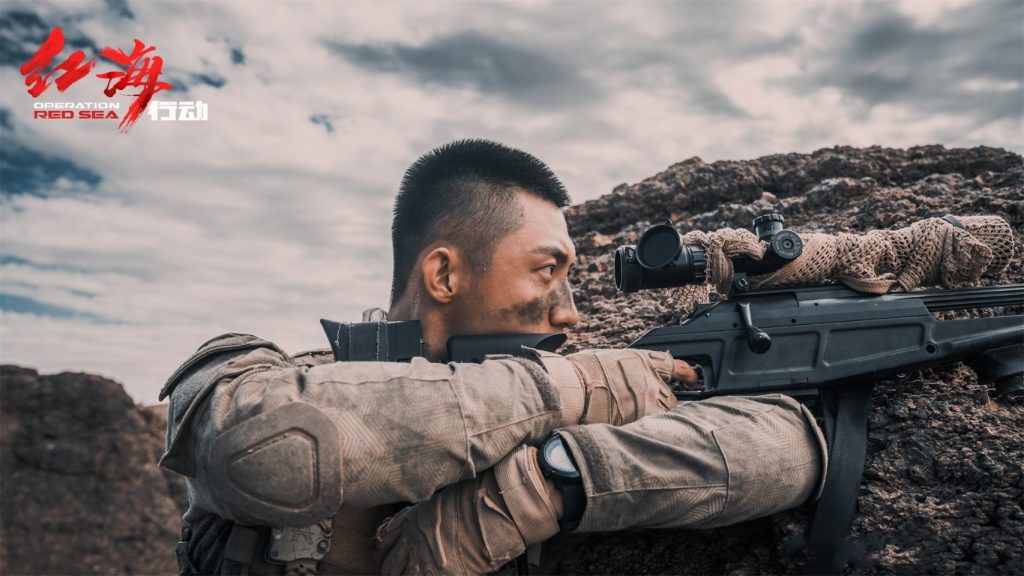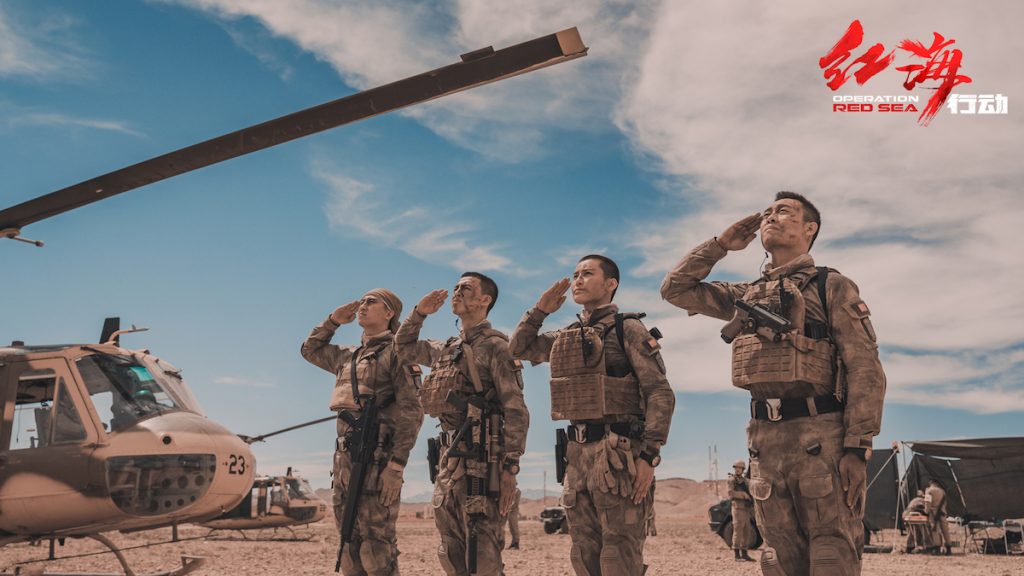The film turns away from grand, black-and-white depictions of conflict to capture its cruelty and complexity.

Last month, movie tickets sales in mainland China hit 10.1 billion yuan ($1.6 billion), a box office world record for monthly sales in a single market. And as Chinese consumers went movie mad, no film stood out more than “Operation Red Sea.”
Directed by Dante Lam and starring Zhang Yi, “Operation Red Sea” is loosely based on the Chinese navy’s March 2015 evacuation of Yemen. Set amid militant unrest in a fictional Middle Eastern country, it tells the stories of a ship’s crew and an assault team as they rescue Chinese citizens and foreign refugees, resolving a potential nuclear crisis along the way. By the end of February, the film had grossed almost 2.5 billion yuan in just 13 days.
Unlike last summer’s blockbuster “Wolf Warrior 2,” a bombastic tale of a loose-cannon Chinese soldier in an unnamed African country, “Operation Red Sea” is a dyed-in-the-wool war movie. The former has more in common with action movies such as the “Die Hard” franchise, while the content, production techniques, and audiovisual effects in the latter draw closer comparisons to Ridley Scott’s 2001 epic “Black Hawk Down.”
In the field of film studies, we often refer to movies like “Operation Red Sea” as “symptom films,” because they capture something of the prevailing social zeitgeist — in this case, growing Chinese national pride and confidence in the military. The success of “Operation Red Sea” neatly follows January’s downgrading of the state-run August First Film Studio, a move that symbolized the end of an era for traditional Chinese war movies. Established soon after China was reunified under Communist rule in 1949, August First was the country’s foremost producer of war movies. Over more than 60 years, it released scores of films now considered domestically as classics of the genre, such as the “Decisive Engagement” trilogy of 1990 to 1992. Earlier this year, though, August First was made a mere department of the People’s Liberation Army Culture and Arts Center, a decision that casts doubt on its role in China’s future war productions.
Continue to read the full article Here.
This is original content by Sixth Tone and has been republished with permission.






